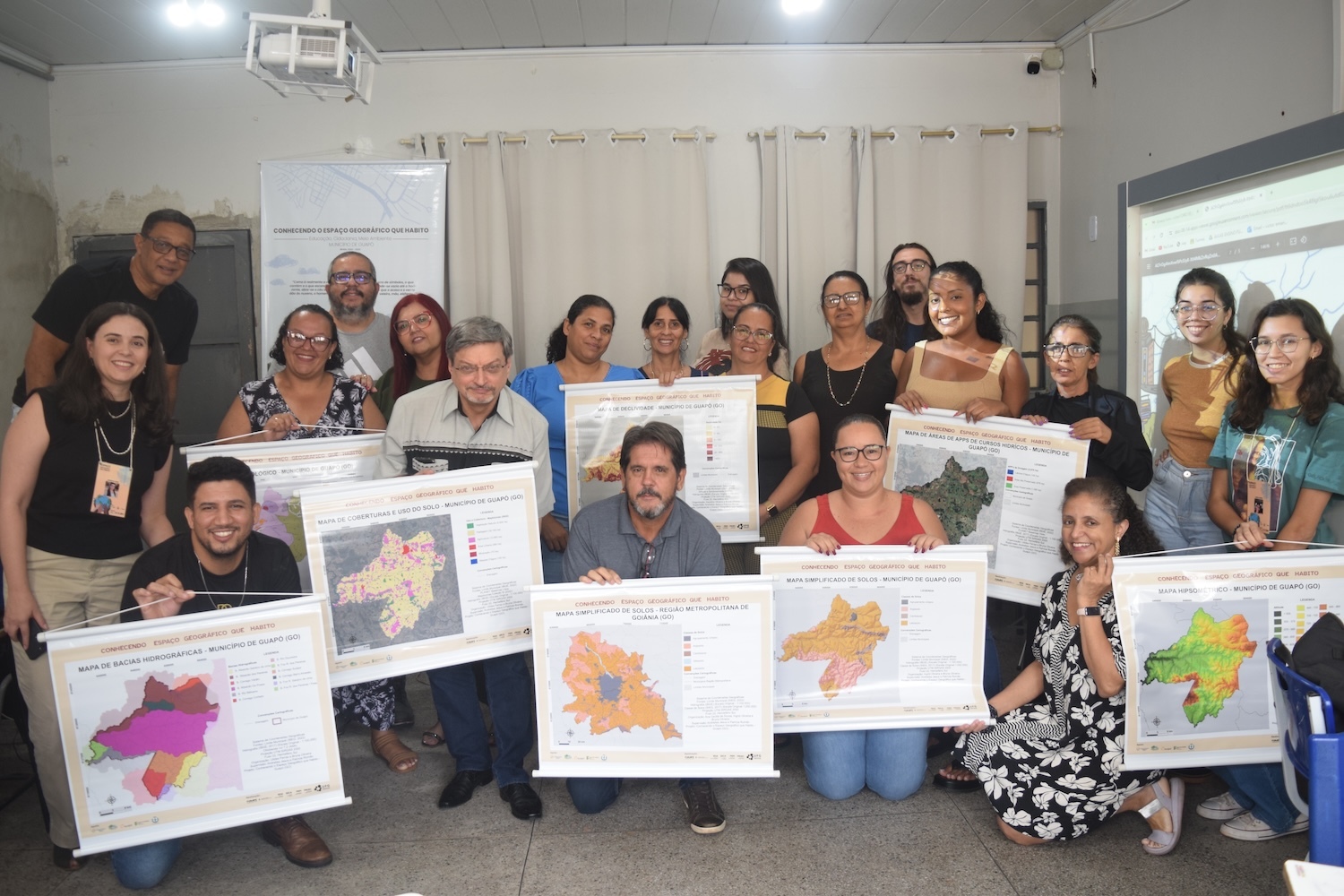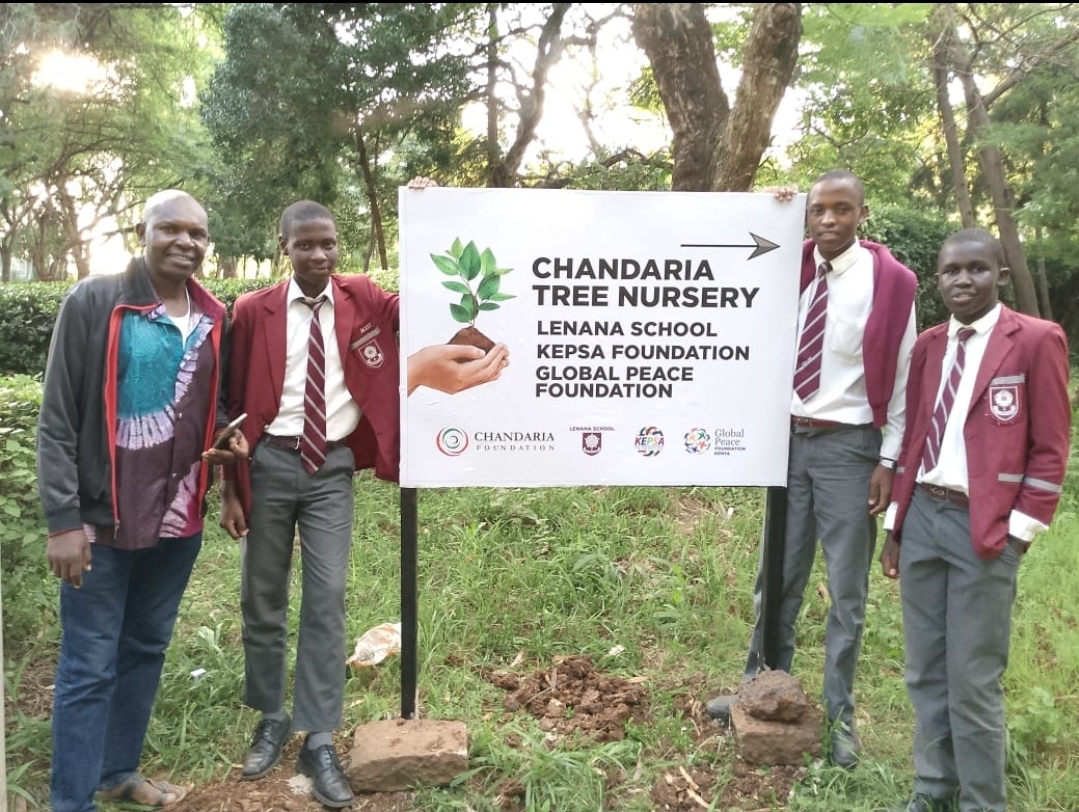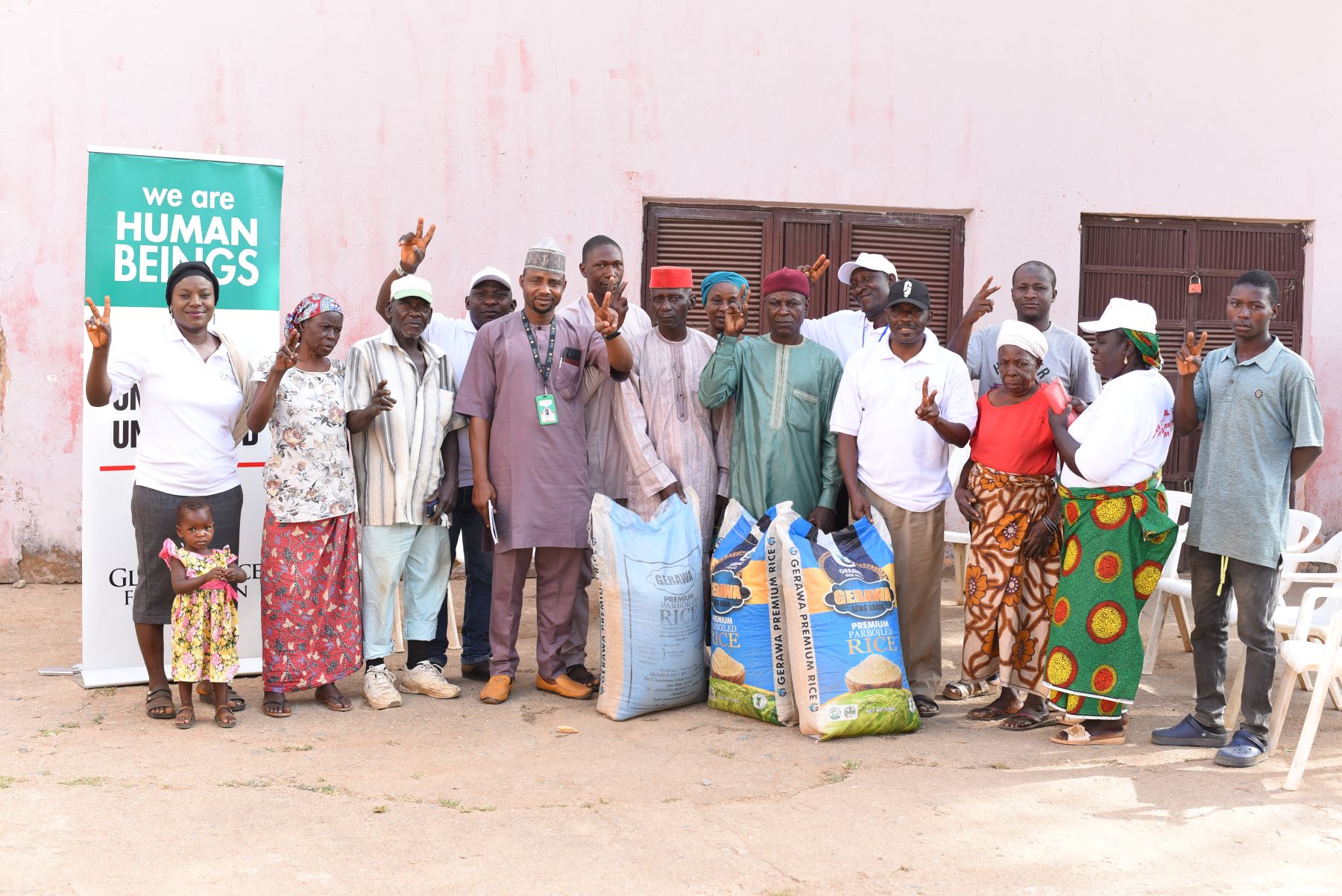GPA Nepal and other partners call for restoration of the sacred Bagmati River in recognition of UN World Water Day
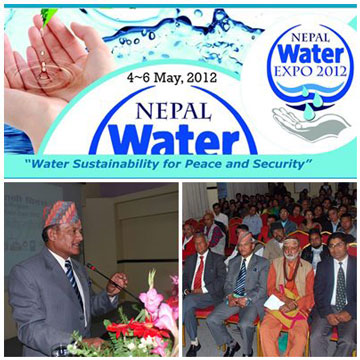
Former chief of Nepal army Gen. Rookmagud Katawal (bottom left) highlights the role of the public to protect the environment.
The Bagmati River is a tributary of Ganges River and considered a sacred waterway by both Hindus and Buddhists in Nepal. Since the 1990s, however, the river has been used as a dumping site for domestic, institutional and industrial solid wastes and wastewater in Kathmandu Valley. The religious, social, economic, aesthetic, and ecological significance of the river has largely been lost, and its waters now present health risks from a range of contaminants.
In recognition of United Nations World Water Day 2012, Global Peace Association Nepal joined other government and private sector organizations to bring attention to the endangered river during a full week of environmental programs from March 16 to 23.
The condition of the river is a matter of growing concern. More than a hundred private-sector and government organizations have been working to raise awareness about the river and moderate the pollution, so far without any visible outcomes.
Global Peace Association Nepal adopted the restoration of the Bagmati River as part of GPF’s Rivers of Peace campaign in 2010. Rivers of Peace was officially launched during Global Peace Festival South Asia 2010, with a massive mobilization of volunteers from secondary schools, colleges, universities, social organizations, government agencies, police, and religious groups. Since then, Rivers of Peace has been organizing national and international volunteers to clean the river basin, as well as educating people about proper waste management and water conservation.
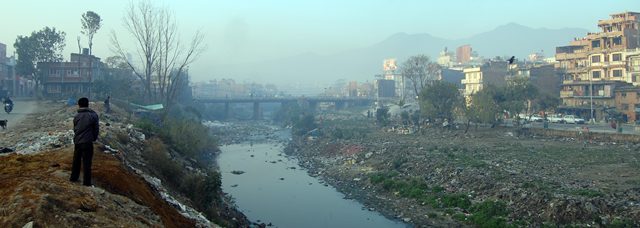
Pollution from industry and domestic waste on the Bagmati River in Kathmandu. CREATIVE COMMONS
The scientific and technological seminar “Challenges in Restoring the Holy Bagmati River” was jointly organized by Global Peace Association Nepal and Direction Nepal, in partnership with High Powered Committee for Integrated Development of Bagmati Civilization, an agency of Nepal government, the Interreligious Council and others, on March 16. More than 130 participants including water experts, representatives from governmental and non-governmental organizations, parliamentarians, former ministers, academicians, researchers, and colleges students, attended the seminar. Speakers pointed to lack of commitment among political leaders, an absence of a culture of living for the sake of greater good, and weak motivation among the youth as contributing to the challenges of meeting Nepal’s water needs, including the problems relating to river pollution.
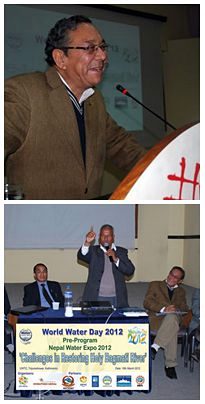
Dhyan Gobinda Ranjit (top), member of Constituent Assembly of Nepal. Below: Er. Ganesh Shah, a former minister and chairperson of the program, takes a question.
The second seminar on March 18, “Water Conservation is Everyone’s Responsibility,” explored faith-based perspectives of Bagmati River. Faith leaders from Baha’i, Brahma Kumari, Buddhist, Christian, Hindu, Islamic and Jain traditions, as well as the former chief of Nepal’s army, Gen. Rookmagud Katawal, shared insights relating to proper stewardship of the earth’s resources.
Welcoming participants, Dr. Kishor Rajbhandari, President of Global Peace Association Nepal, introduced the GPF Movement and its activities in Nepal and emphasized the need of cultural development as a precondition for social transformation. Both seminars highlighted the upcoming Nepal Water Expo 2012, to be held at the United World Trade Center in Kathmanu on May 4-6.
The Expo will be an opportunity for companies and organizations to showcase products in the fields of water purification, waste water treatment, solid waste management, catchment management, hydro-power, flood control, and rainwater harvesting. Interested, conscientious individuals and organizations can find inspiration and the latest technological innovations relating to water conservation, storage, and recycling to preserve Nepal’s water and other natural resources for generations to come.
For updates on the Nepal Water Expo 2012, please visit: www.facebook.com/nepalwaterexpo

